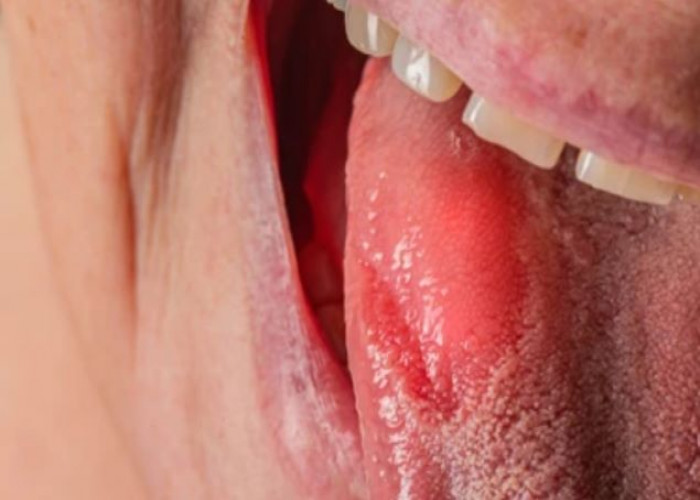 Welcome
Welcome
“May all be happy, may all be healed, may all be at peace and may no one ever suffer."
Burning mouth syndrome
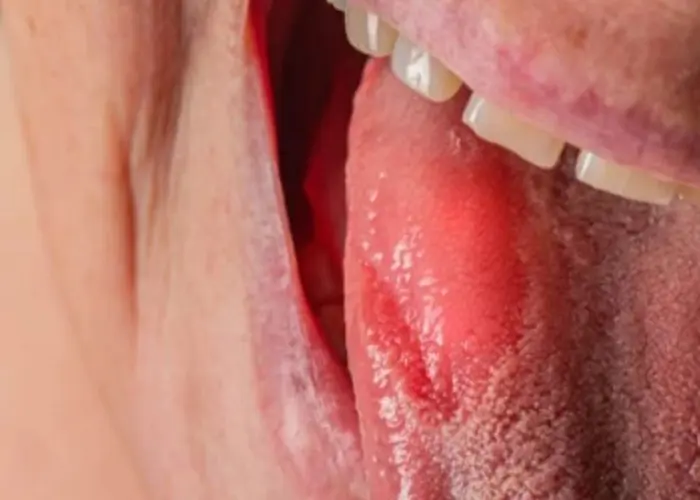
Burning mouth syndrome is a medical condition characterized by a burning or tingling sensation in the mouth, often without any apparent cause or visible signs of irritation. The condition can also cause dryness, altered taste, and discomfort in the mouth or throat. It is more common in women and people over the age of 60. The exact cause of burning mouth syndrome is not well understood, but it may be related to underlying conditions such as vitamin deficiencies, hormonal imbalances, acid reflux, or anxiety. Treatment may involve addressing any underlying causes, such as adjusting medications or treating an underlying medical condition. Symptomatic relief may also be provided with medications such as local anesthetics, capsaicin, or antidepressants, or with oral rinses and other self-care measures.
Research Papers
Disease Signs and Symptoms
- Excessive thirst
- Smell or taste change
- Metallic taste in mouth
- Bitter taste in mouth
- Numbness
- Taste changes in your mouth, such as a bitter or metallic taste
- Occur every day, with little discomfort when wake, but become worse as the day progresses
Disease Causes
Burning mouth syndrome
The cause of burning mouth syndrome can be classified as either primary or secondary.
Primary burning mouth syndrome
When no clinical or lab abnormalities can be identified, the condition is called primary or idiopathic burning mouth syndrome. Some research suggests that primary burning mouth syndrome is related to problems with taste and sensory nerves of the peripheral or central nervous system.
Secondary burning mouth syndrome
Sometimes burning mouth syndrome is caused by an underlying medical condition. In these cases, it's called secondary burning mouth syndrome.
Underlying problems that may be linked to secondary burning mouth syndrome include:
- Dry mouth (xerostomia), which can be caused by various medications, health problems, problems with salivary gland function or the side effects of cancer treatment
- Other oral conditions, such as a fungal infection of the mouth (oral thrush), an inflammatory condition called oral lichen planus or a condition called geographic tongue that gives the tongue a maplike appearance
- Nutritional deficiencies, such as a lack of iron, zinc, folate (vitamin B-9), thiamin (vitamin B-1), riboflavin (vitamin B-2), pyridoxine (vitamin B-6) and cobalamin (vitamin B-12)
- Allergies or reactions to foods, food flavorings, other food additives, fragrances, dyes or dental-work substances
- Reflux of stomach acid (gastroesophageal reflux disease, or GERD) that enters your mouth from your stomach
- Certain medications, particularly high blood pressure medications
- Oral habits, such as tongue thrusting, biting the tip of the tongue and teeth grinding (bruxism)
- Endocrine disorders, such as diabetes or underactive thyroid (hypothyroidism)
- Excessive mouth irritation, which may result from overbrushing your tongue, using abrasive toothpastes, overusing mouthwashes or having too many acidic drinks
- Psychological factors, such as anxiety, depression or stress
Wearing dentures, even if they don't fit well and cause irritation, doesn't generally cause burning mouth syndrome, but dentures can make symptoms worse.
Disease Prevents
Burning mouth syndrome
There's no known way to prevent burning mouth syndrome. But by avoiding tobacco, acidic foods, spicy foods and carbonated beverages, and excessive stress, you may be able to reduce the discomfort from burning mouth syndrome or prevent your discomfort from feeling worse.
Disease Treatments
Treatment depends on whether you have primary or secondary burning mouth syndrome.
Secondary burning mouth syndrome
For secondary burning mouth syndrome, treatment depends on any underlying conditions that may be causing your mouth discomfort.
For example, treating an oral infection or taking supplements for a vitamin deficiency may relieve your discomfort. That's why it's important to try to pinpoint the cause. Once any underlying causes are treated, your burning mouth syndrome symptoms should get better.
Primary burning mouth syndrome
There's no known cure for primary burning mouth syndrome and there's no one sure way to treat it. Solid research on the most effective methods is lacking. Treatment depends on your particular symptoms and is aimed at controlling them. You may need to try several treatment methods before finding one or a combination that helps reduce your mouth discomfort. And it may take time for treatments to help manage symptoms.
Treatment options may include:
- Saliva replacement products
- Specific oral rinses or lidocaine
- Capsaicin, a pain reliever that comes from chili peppers
- An anticonvulsant medication called clonazepam (Klonopin)
- Certain antidepressants
- Medications that block nerve pain
- Cognitive behavioral therapy to develop strategies to address anxiety and depression and cope with chronic pain
Disease Diagnoses
Disease Allopathic Generics
Disease Ayurvedic Generics
Disease Homeopathic Generics
Disease yoga
Burning mouth syndrome and Learn More about Diseases

Moyamoya disease

Food allergy
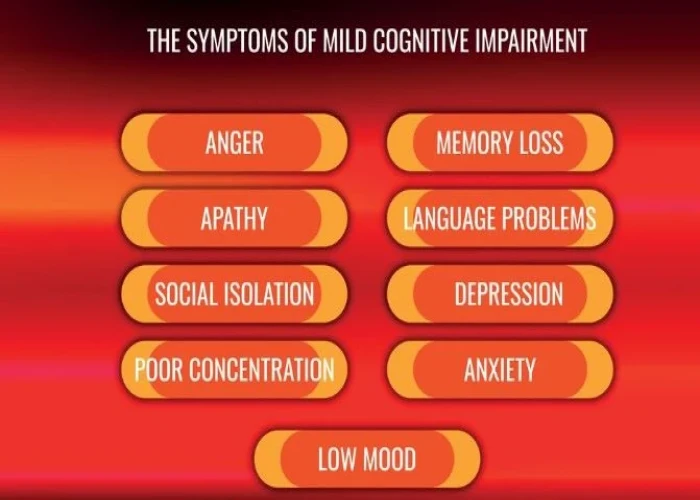
Mild cognitive impairment (MCI)
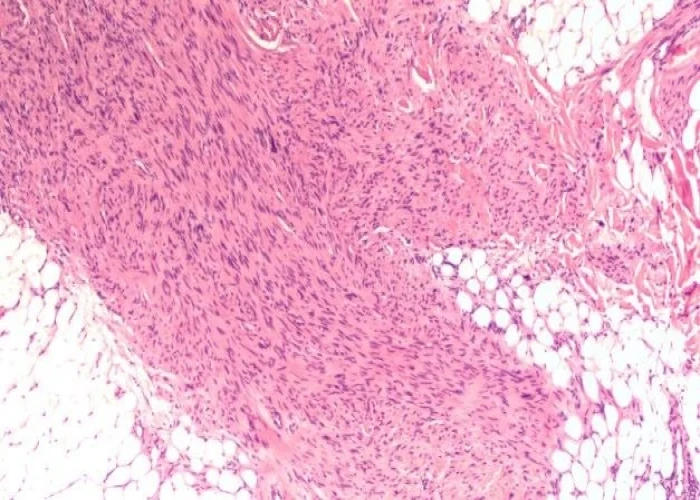
Malignant peripheral nerve sheath tumors
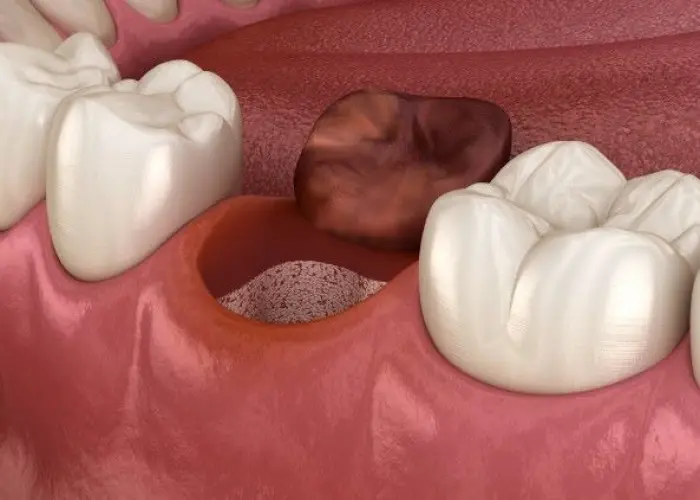
Dry socket
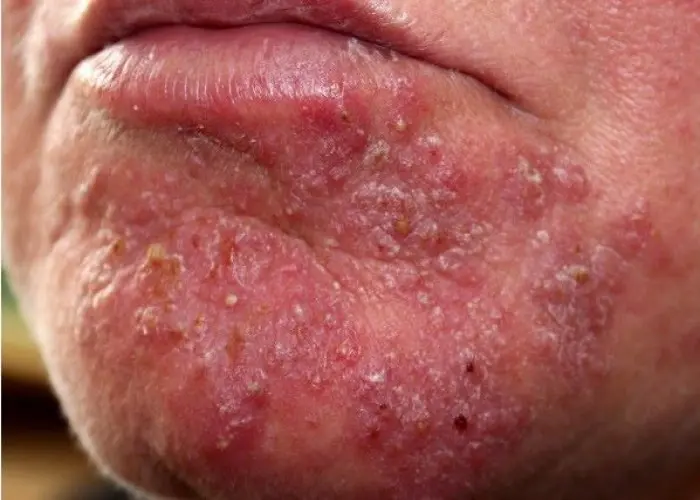
Folliculitis

Irritable bowel syndrome
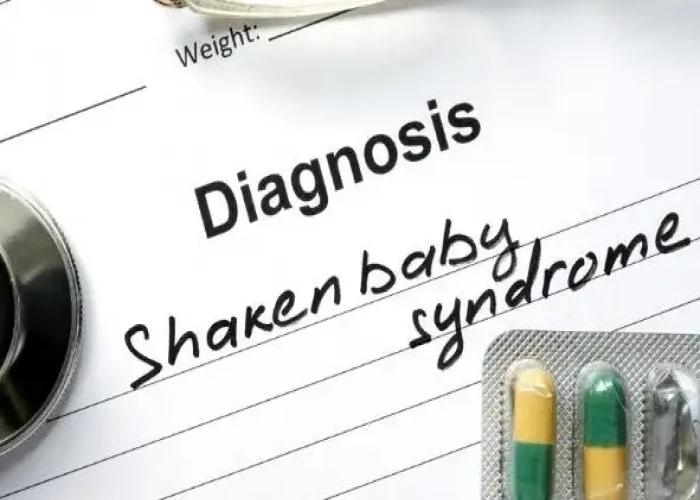
Shaken baby syndrome
burning mouth syndrome, burning sensation in mouth, জ্বলন্ত মুখ সিনড্রোম
To be happy, beautiful, healthy, wealthy, hale and long-lived stay with DM3S.
